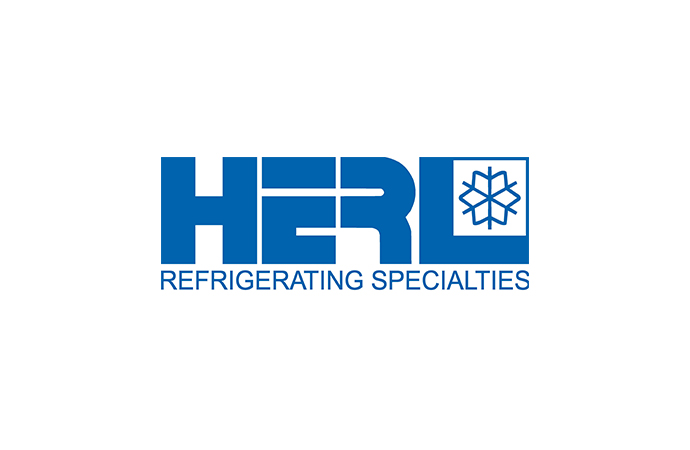Countries with economies in transition (EIT) are typically not entitled to receive funding from the Montreal Protocol’s Multilateral Fund (MLF) and the scarcity of available funding can be an impediment to achieving accelerated HCFC phase out schedules and to transitioning to climate friendly solutions. Yet, synergies between ozone and climate protection are climbing up the agenda of the Global Environment Facility (GEF), helping to fill the gap, as latest approved projects and meeting res

Ozone & climate synergies move up the agenda of largest public funder of green projects
In its latest meeting (June 2012), the GEF Council approved funding for a project in Azerbaijan titled ”Initiation of the HCFCs Phase out and Promotion of HFCs-Free Energy Efficient Refrigeration and Air-Conditioning Systems”.
The project will prepare a national strategy to support Azerbaijan in achieving the accelerated phase out of HCFCs, in line with Montreal Protocol requirements. To avoid double conversion in the future, any HFC-based alternatives will be excluded when possible from the project framework.
The strategy will have two major components:
GEF concept paper on ozone & climate: “funding from MLF and GEF can be combined”
Indicative of the increasing importance that GEF is giving to the synergies between ozone & climate protection is a concept paper that the body published titled “Concept Paper: GEF-5 Ozone, Climate and Chemicals Program”.
This paper encompasses the Climate Change Mitigation Strategy the implementation of which would bring about energy efficiency and reductions of ODS, greenhouse gases and other pollutants through the replacement and proper disposal of refrigeration and air-conditioning equipment, and pollutant stockpiles.
In a distinct sub-section, the paper discusses the “additional long term sustainable benefits [that] can be achieved by shifting appliance manufactures away from high-GWP refrigerants and foam blowing agents to low-GWP alternatives”. The paper maintains that, “countries with manufacturing practices that use high-GWP refrigerants and foam blowing agents consider switching to more environmentally friendly alternatives as part of this program”. In that respect, “funding from the MLF and the GEF can be combined”, alluding to the fact that GEF funding may not only be available for countries that do not otherwise fall under the scope of MLF funding, like Azerbaijan and other EIT countries.
About GEF
The GEF unites 182 countries in partnership with international institutions, civil society organizations (CSOs), and the private sector to address global environmental issues while supporting national sustainable development initiatives. Today the GEF is the largest public funder of projects to improve the global environment. An independently operated financial organization, the GEF provides grants for projects related to biodiversity, climate change, international waters, land degradation, the ozone layer, and persistent organic pollutants.
In its latest meeting (June 2012), the GEF Council approved funding for a project in Azerbaijan titled ”Initiation of the HCFCs Phase out and Promotion of HFCs-Free Energy Efficient Refrigeration and Air-Conditioning Systems”.
The project will prepare a national strategy to support Azerbaijan in achieving the accelerated phase out of HCFCs, in line with Montreal Protocol requirements. To avoid double conversion in the future, any HFC-based alternatives will be excluded when possible from the project framework.
The strategy will have two major components:
- Institutional capacity building: The first project component will provide institutional capacity and the capability required to properly implement current ozone depleting substances (ODS) legislation, through robust monitoring, reporting and control of HCFC imports, consumption and exports. The development and dissemination of refrigeration best practice code/guidelines for leak minimization, best practice training for the RAC sector (to train the trainers) and the development of a national database for skilled technicians also fall within the first component.
- Conversion of manufacturing plants and assistance to the service sector: The second component aims at enabling the phase out of 18.95 ODP tonnes of HCFC-22 and HCFC-141b through the conversion of commercial refrigeration and manufacturing and polyurethane insulation panel manufacturing at 10 to 14 companies and through assistance to the refrigeration service sector through 70 to 100 service providers. The project will support the conversion of refrigeration manufacturers through the provision of production equipment necessary to adopt non-HCFC refrigerants that when possible will be natural refrigerants. Moreover, training of technicians will be paramount for the country to achieve a major reduction in HCFC demand for servicing, an essential component of the national phase out strategy.
GEF concept paper on ozone & climate: “funding from MLF and GEF can be combined”
Indicative of the increasing importance that GEF is giving to the synergies between ozone & climate protection is a concept paper that the body published titled “Concept Paper: GEF-5 Ozone, Climate and Chemicals Program”.
This paper encompasses the Climate Change Mitigation Strategy the implementation of which would bring about energy efficiency and reductions of ODS, greenhouse gases and other pollutants through the replacement and proper disposal of refrigeration and air-conditioning equipment, and pollutant stockpiles.
In a distinct sub-section, the paper discusses the “additional long term sustainable benefits [that] can be achieved by shifting appliance manufactures away from high-GWP refrigerants and foam blowing agents to low-GWP alternatives”. The paper maintains that, “countries with manufacturing practices that use high-GWP refrigerants and foam blowing agents consider switching to more environmentally friendly alternatives as part of this program”. In that respect, “funding from the MLF and the GEF can be combined”, alluding to the fact that GEF funding may not only be available for countries that do not otherwise fall under the scope of MLF funding, like Azerbaijan and other EIT countries.
About GEF
The GEF unites 182 countries in partnership with international institutions, civil society organizations (CSOs), and the private sector to address global environmental issues while supporting national sustainable development initiatives. Today the GEF is the largest public funder of projects to improve the global environment. An independently operated financial organization, the GEF provides grants for projects related to biodiversity, climate change, international waters, land degradation, the ozone layer, and persistent organic pollutants.
MORE INFORMATION
Related stories

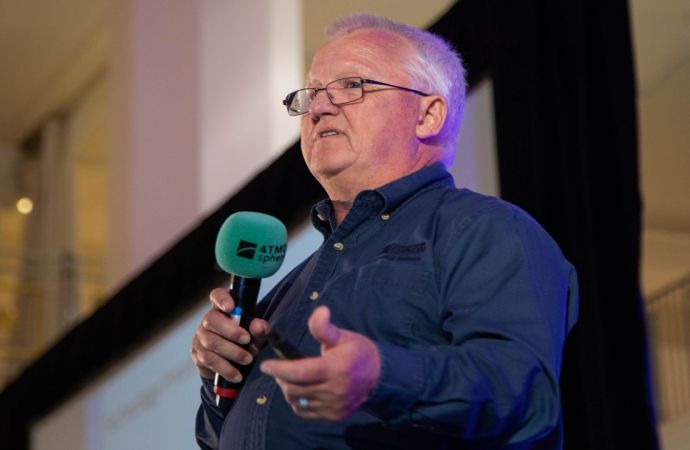
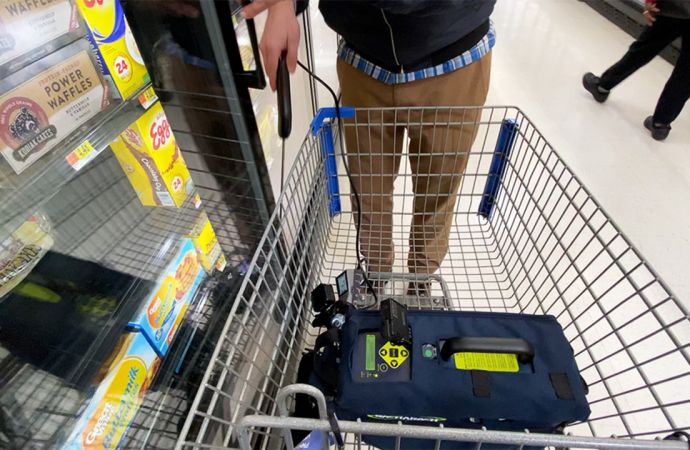
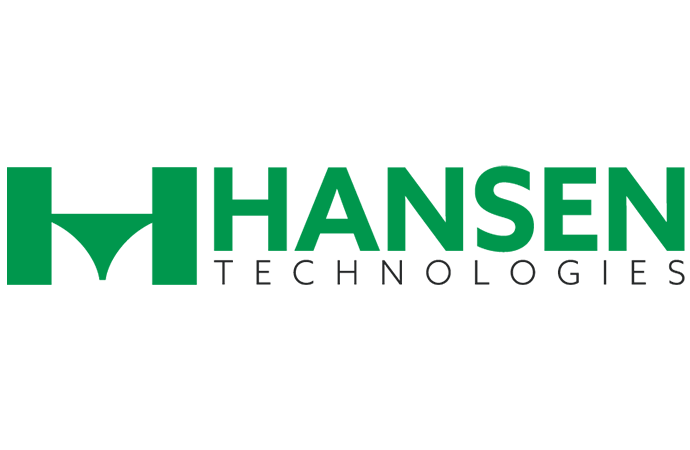


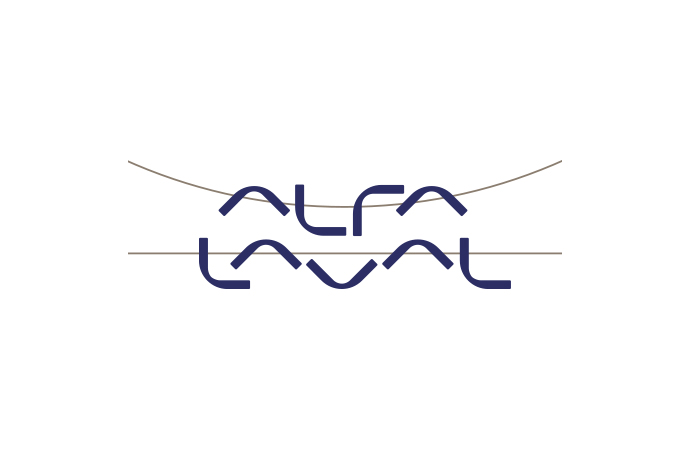
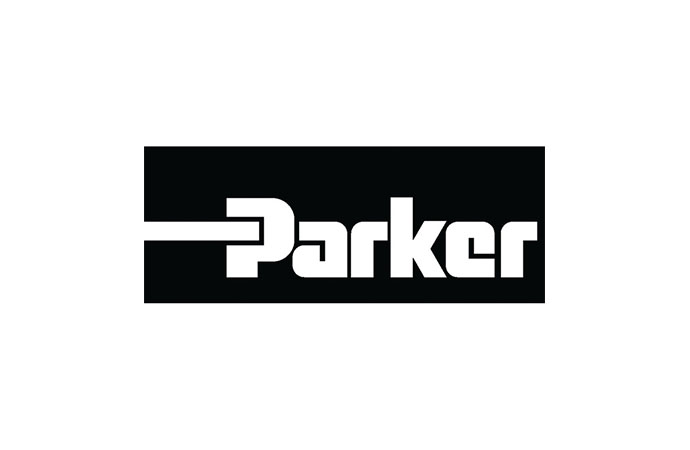
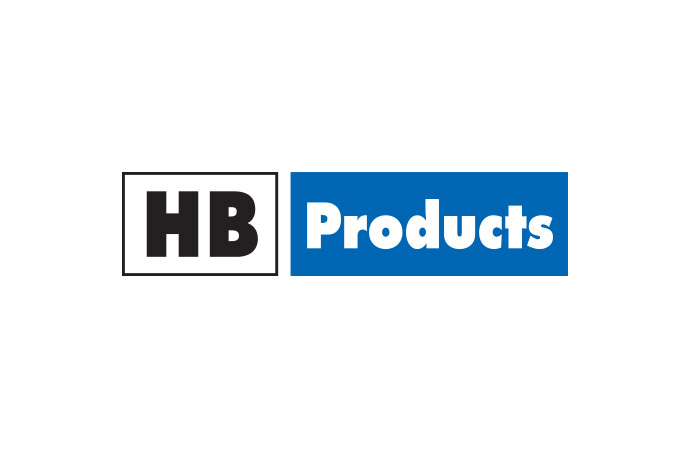
_1522327086.png)
